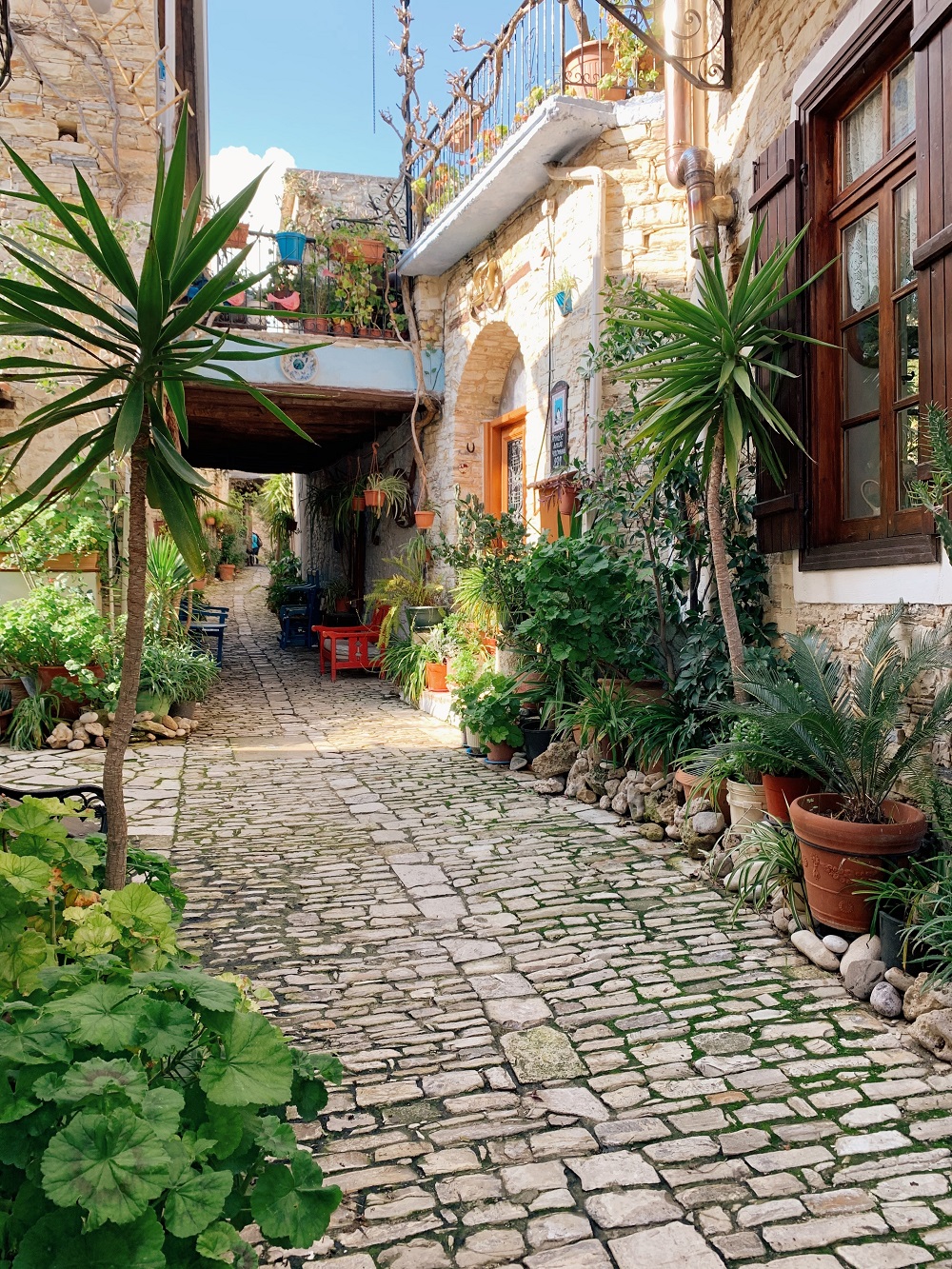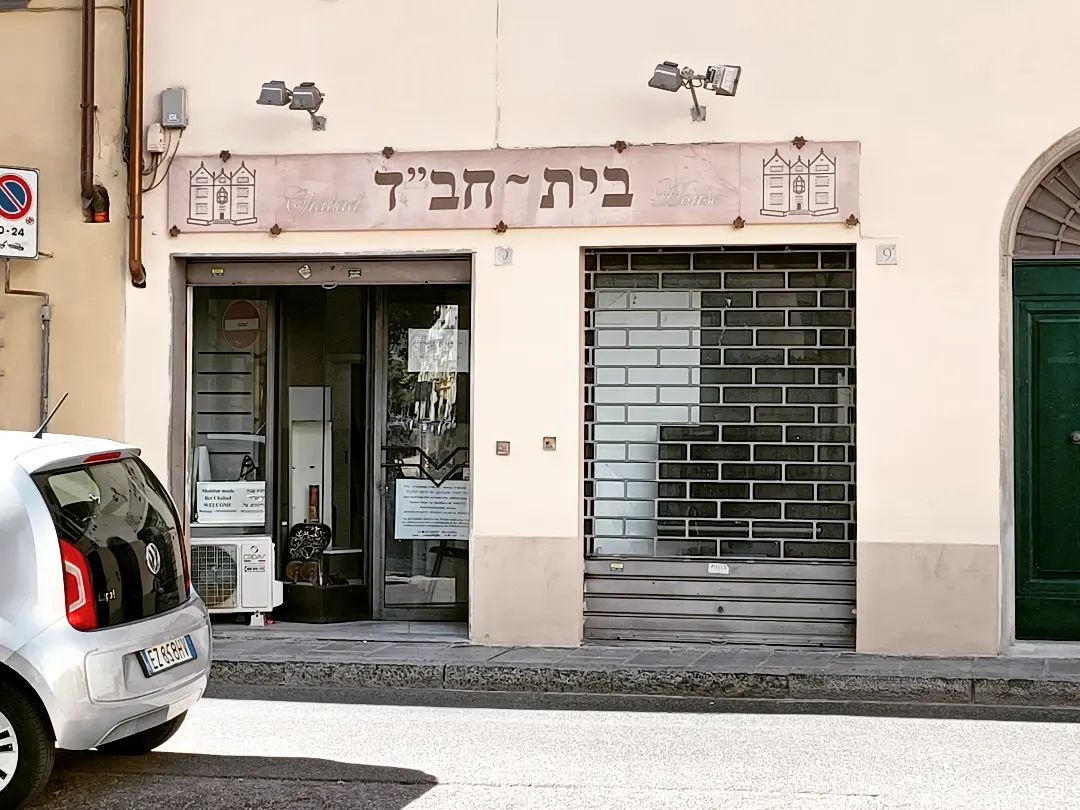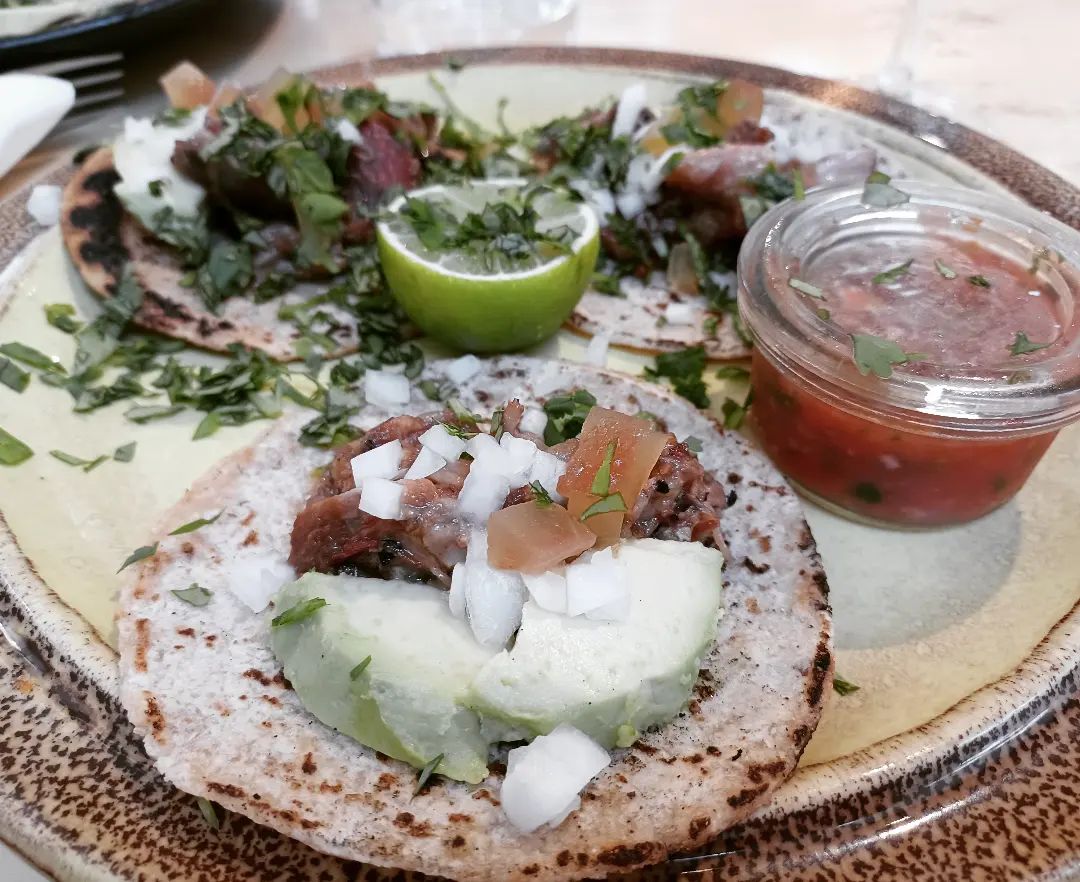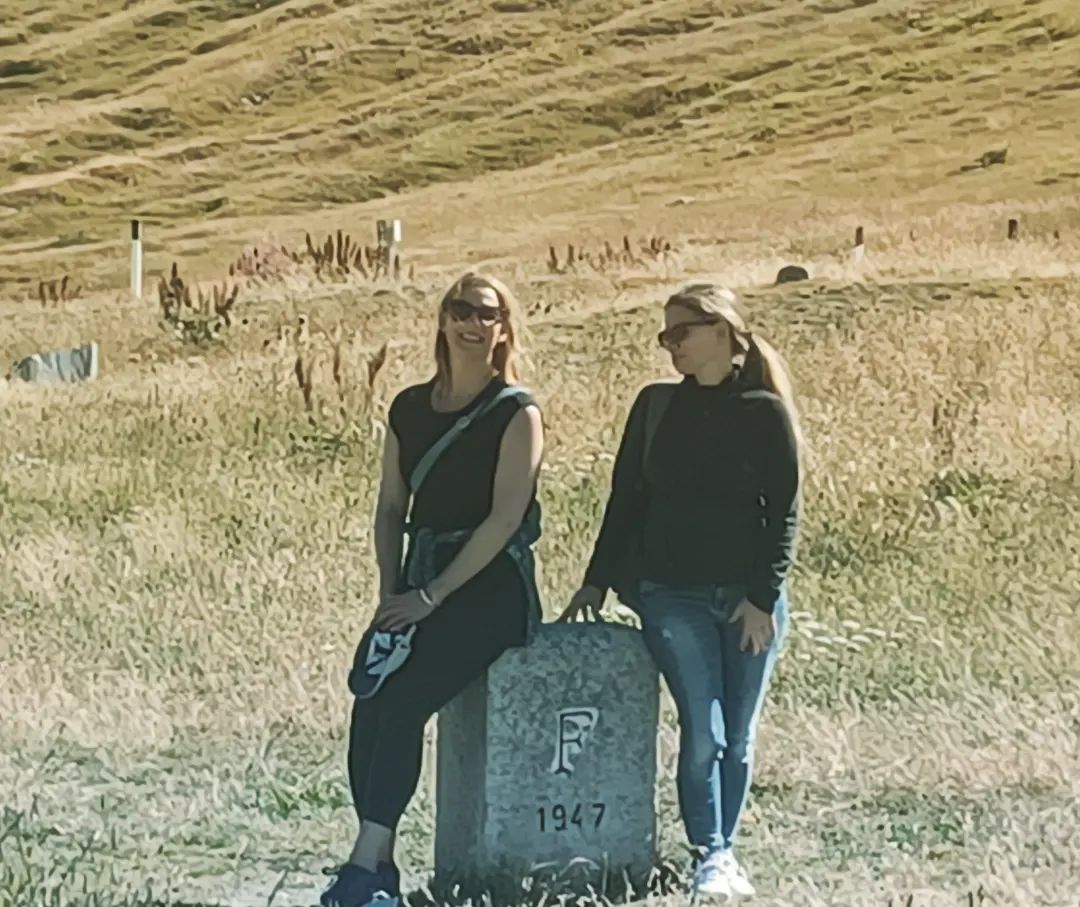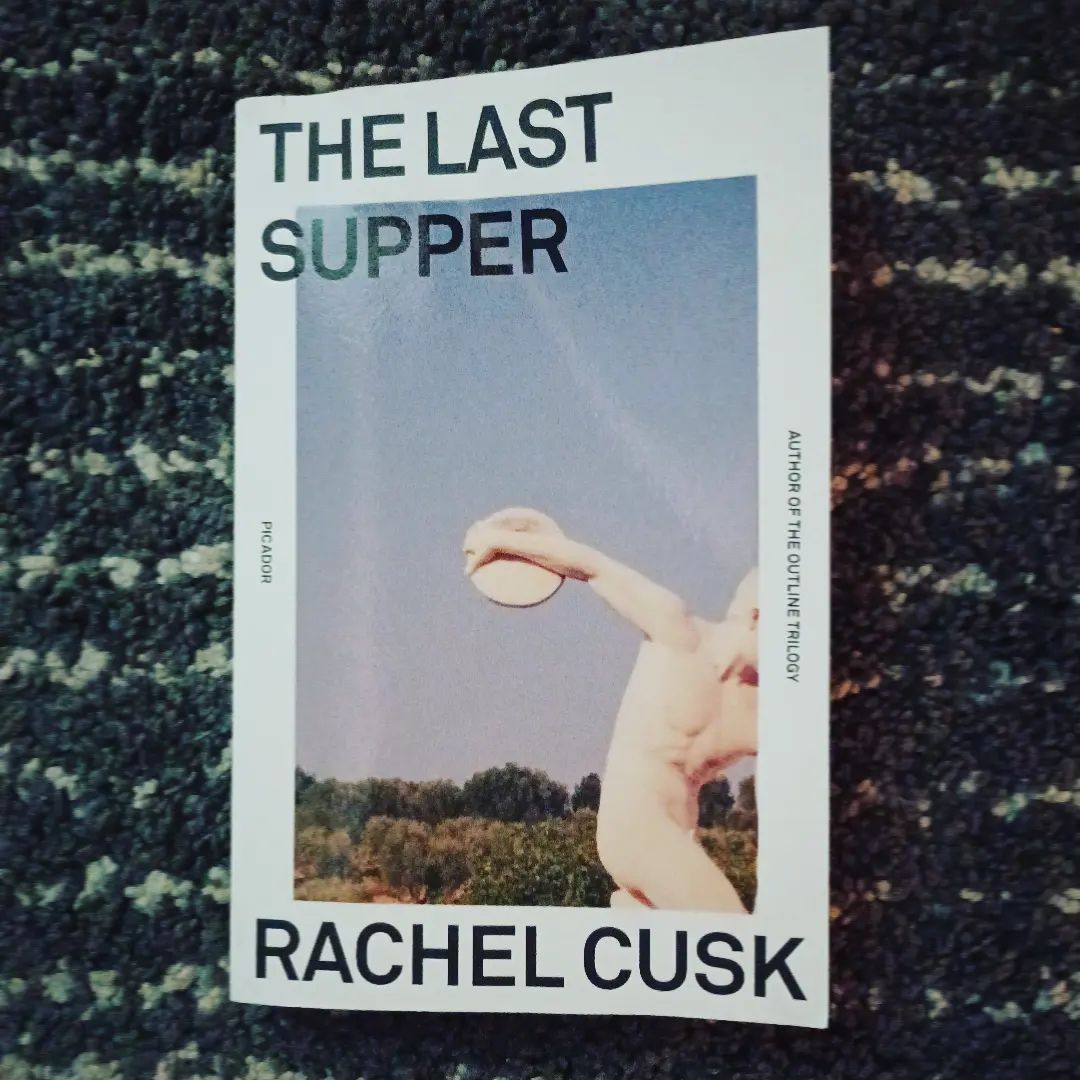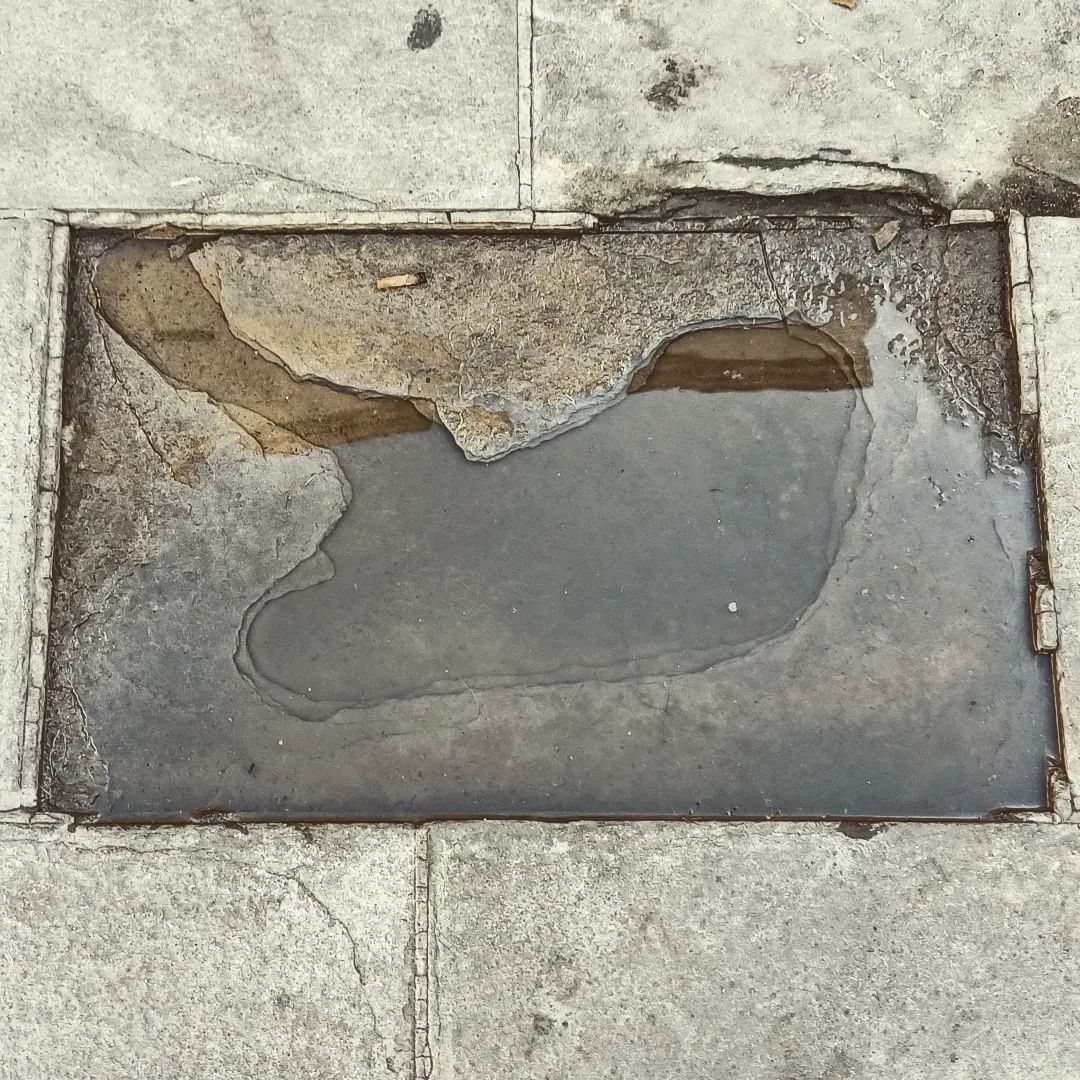
I have been feeling some remorse over that silly post yesterday about light versus dark hair. I don’t think it represents my best cross-cultural analysis and response. Fatigue sets in tuning the finer points of life abroad after six years. I often joke that our family of four is on an ultra-advanced, post-doctoral study abroad program, in local schools, working with Italians, living and eating locally.
I grew up moving around a lot in the American midwest, which contributed to my tendency to long for newness and discomfort. I came to love the breathtaking challenge that barreled my way, year after year, school after school. I don’t know what I’d do if I were somewhere that offered a consistent and transparent experience, a place where everyone knew me and I knew everyone, and their dirty laundry too, and they knew mine.
From a very young age I knew that there is no fitting in, no making people accept you, whatever that means, without some serious trade-offs – trade-offs that are not always possible. What is possible is observing and understanding, making strategic inroads to ensure safety and a sense of community. But fitting in? Looking around at my new classmates every time we moved, I was moved to admit that, for various reasons, they didn’t feel like they “fit in” at any of the schools I attended. Perhaps fitting in lives on the horizon of every mind as a place where we like everyone and they like us and we’re never worried and we always understand what is going on. But where and when does that happen?
With years I also came to understand that fitting in, so much as it is feasible, points to a type of flexibility and resilience. There is room for a sense humor and bemusement, akin to watching an ant farm take itself very, very seriously, that can take the rub off most days. Never mind the cultural gatekeepers, regardless what they think about their own culture, and the invisible structure they uphold. Do they want you in? Will they let you in? Will they keep you out? To whom is access denied? Does this gate-keeping affect daily life – can you work, date, marry, parent, vacation, ride public transportation, jog through town or ride a bike, open a bank account or get your hair cut? What does it mean for an anglo woman who worries she doesn’t fit in when plenty of clearer cases exist at close remove of people who are struggling to fit in. To belong.
I lived for decades in a culture where I appeared to pass as local, and the cultural gatekeepers wished to aggressively assume I was one of their own. But I was not. In that place, I looked like I belonged, but the collective aggression and ignorance on so many points was exhausting. The racist or sexist comments that were shared with me for years sotto voce or aloud in confidence, sure of my agreement, never failed to leave me with a cold ice ball in my hollow stomach, even in triple-digit summer days. But I could not change my appearance or history with that place, and the people who belonged to that place could not believe that I felt I did not belong, and actively resisted the cultural recruitment that jarred my values of learning, open-mindedness, curiosity, and trust. Every day felt like Villanelle returning to Pinner for that village festival on the show Killing Eve (Season 3, Episode 5). I felt bad I did not want to fit in, and I certainly did not wish to outwardly offend anyone, lest they shoot me or worse. My family didn’t fit in either, not in that place, so there was certainly no pressure from home to conform (in this, and in many other respects, I am not like Villanelle).
Amusing side note: blonde hair in that culture inherently signified belonging, and my blonde friends and I endeavored to make our blonde hair even blonder, as though to shore up our collective membership in the dominant culture. Further side note: on the maternal side of my family, Finnish heritage makes for many babied with flaxen hair and transparent skin, and blonde-haired kids (pumpulipat) were trotted out for oohs and ahhs as their scalp struggled to raise the invisible filaments that passed for hair. The inevitable darkening of hair come adolescence represented an outward adieu to childish innocence, and was acknowledged with frequent frustration and a commitment to punitively spraying those darkening locks Sun-InTM by the pool.
What does it mean to pass or fit in as an anglo person in European culture? Perhaps my hair looks lighter, my face a bit rounder than those of the adorable fox-faced Italian women who flit around here in Tuscany. But I’m anglo, and my heritage is European. My forebears lived in Europe before each side emigrated to America, starting in the late seventeenth century and as recently as the late nineteenth century. I have no challenge even close to what a person with Asian or African heritage encounters in Europe. My discomfort arises mostly from how I feel in a given situation, when a barista or a comessa mouths off about a group of people to whom I belong (Americans in Europe) even as I yearn to distance myself from these collective assumptions of what such individuals are like, employing observation, insight, and humor whenever and wherever possible. Another fun fact about Florence in particular: I don’t even think Florentines feel like they fit in. They’re famous for not interacting with one another, and not only for barely tolerating one another, but for actively nursing a certain dislike. This is bound to happen in the least economically-mobile city in the world. Perhaps Florentines too dream of a city where they fit in. Perhaps all residents of European extraction would do well to imagine how the city is experienced for non-Europeans.
Maybe I don’t get to decide if I fit in or not. Perhaps the question skews more, do I belong here? And I think that that’s a question that a person can decide for themselves, cultural gatekeepers be damned. Do I feel at home here? Do I belong here? I think I do. I have many friends and a community here, as do my husband and children, in our shared and individual lives. My history with the place has accrued and with it brought understanding. I feel an affection toward the culture, and on days when I’m not annoyed by the stray local comment, am bemused by how things work – or fail to work – in Florence. Florence is a feast for the senses on any given day, and an inspirational garden for artists and writers of all stripes. The food and wine are excellent, and living in Tuscany, these items are all within arm’s reach, at pretty much Km0.
I can’t edit my personal history to accommodate my adult choices. I grew up in America, in a monolingual family, with parents who spoke English. I was educated in schools in America with English as the sole language of instruction with the exception of the thousands of hours of language courses I took. I don’t think I’ll ever fit in here, but I think I can always choose to belong, aided by observation, bemusement, and insight. I feel genuine affection for beautiful Florence and awkward Florentines, as much for their frustrated comments as for the kindness they’ve shown me.
So, no, I am probably not going to dye my hair dark. (I do still think that wearing a dark wig around town could be very funny and might produce some inspirational moments.) I’ll just monitor my psycho-cultural flexibility. I will try to remember that my accent or fumbling for words are not something to be ashamed of, but rather a superpower of charm – consider how much I love an accent in English. My bemusement and close observation draw me each day nearer to Italy and Florence and Florentines in sincere affection. I hope they sense that, because I belong here.



